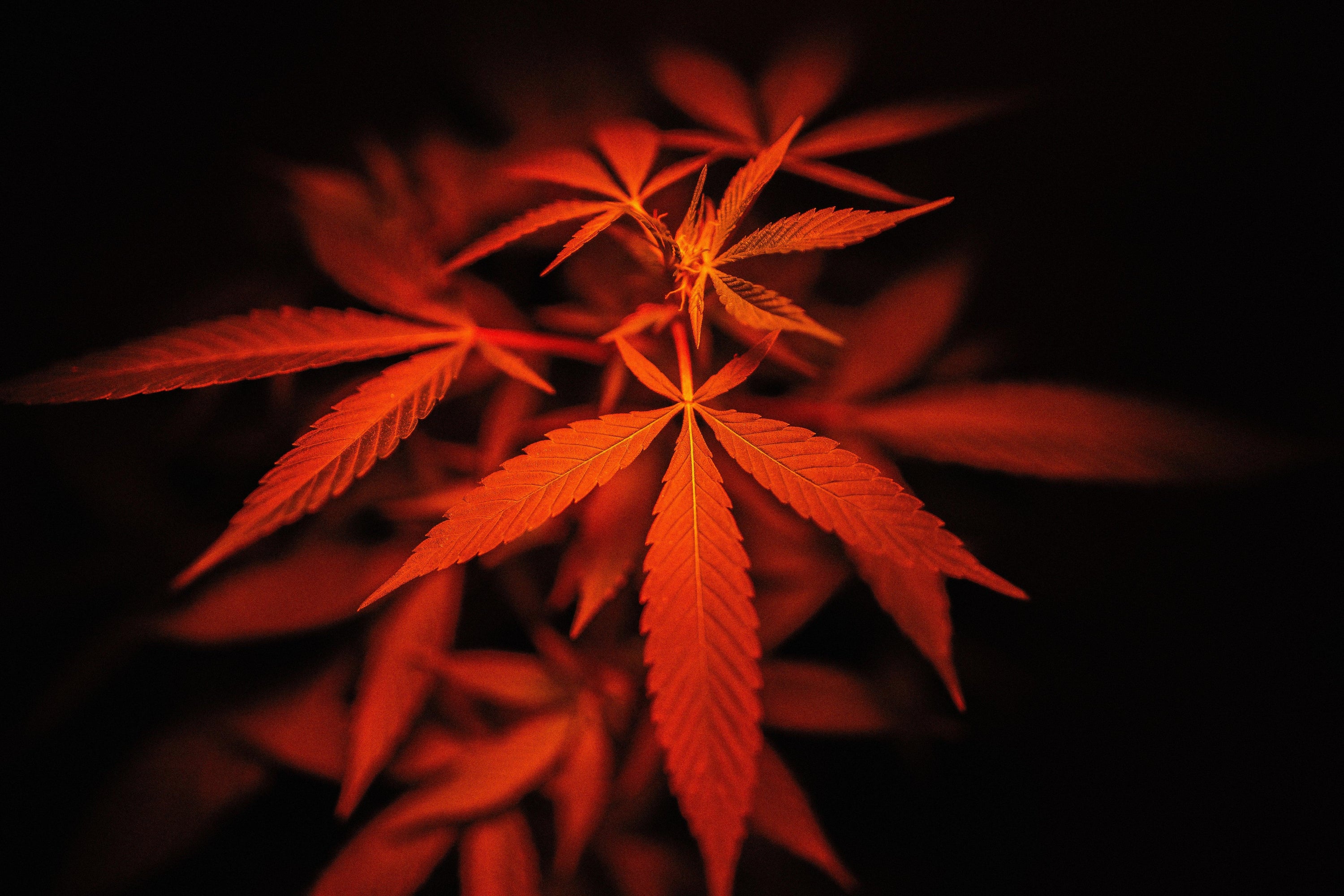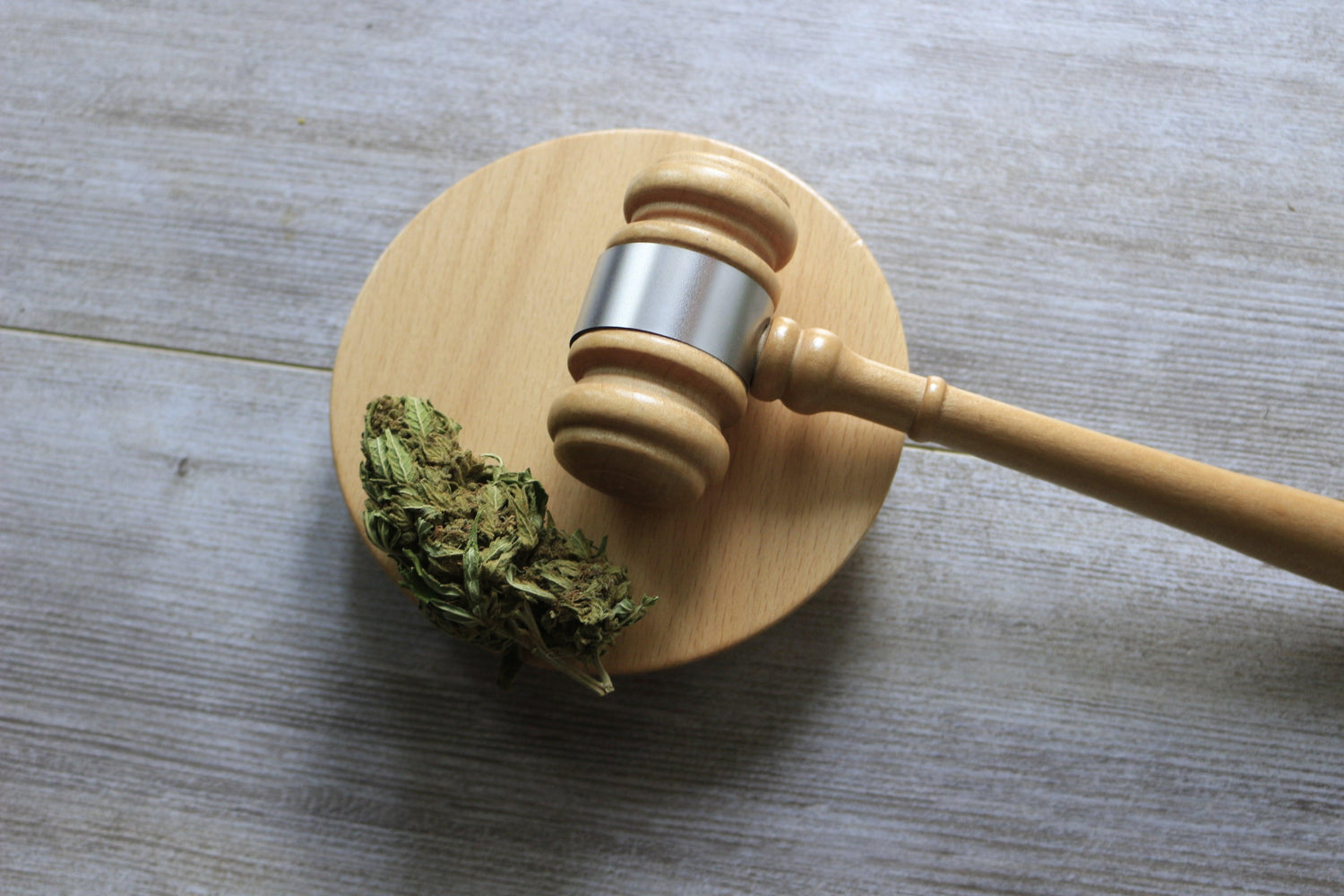In this article we will tell you about the state of the art on the legalization or regulation of cannabis in Italy. Where are we at? What does the law say? What are we allowed to do? Everything you need to know about the legalization of cannabis, specifically we will tell you about:
- The situation in Italy
- Domestic cultivation in Italy
- Legalize or regulate?
- And what happens in Europe?
- Legalize to defeat the Covid-19 crisis
A single regulation on cannabis has not yet been created, neither from the point of view of cultivation nor use; Over the years, each state has adopted its own regulations , which expose cannabis to different treatments even just a few kilometers away, without thinking of a universal discipline that can restore dignity to the plant once and for all.
America and Canada have exposed themselves with full legalizations of cannabis, both for therapeutic purposes and for recreational use. Europe, on the other hand, has been more cautious, but many good things have happened for cannabis in our area too.
The situation in Italy
For Italian cannabis smokers, 2016 was a year of big changes, not sensational, but which at least seemed to be a good start.
With law 242/2016 , Italy has chosen to legalize light cannabis . This is cannabis sativa without THC up to the limit of 0.2%, and rich in CBD, the "good" active ingredient, responsible for the positive effects of marijuana on the mood and the organism. The light cannabis sold in Italy is produced on the national territory and the varieties that can be cultivated are included in the Official Catalog of the European Community , a database made up of 67 legal light cannabis genetics.
The situation seemed rosy and light cannabis retailers have multiplied. On May 30, 2019, however, the Court of Cassation definitively ruled on the tolerance threshold of the quantity of THC present in the substance sold legally, changing the cards on the table for growers and shopkeepers. Until the ruling of the Supreme Court, the inflorescences had to contain percentages of THC lower than or equal to 0.2 ; there was a tolerance margin of up to 0.6%, but it was only granted to growers, who cannot control so precisely the quantity of active ingredient developed by the plant in the growth phase.
With the ruling of the Court of Cassation, the sale of some products was prohibited, because they are not explicitly mentioned in the law that allows the cultivation of hemp in Italy. However, the ruling does not represent the end of light marijuana : the products legalized with the l. 242/2016 can no longer be sold unless it is demonstrated that they are completely "without doping efficacy".

Domestic cultivation in Italy
In December 2019, the Court of Cassation once again ruled on the topic of marijuana, establishing that «small-scale cultivation activities carried out domestically cannot be punished, which, due to the rudimentary techniques used, the small number of plants, the very modest quantity of product obtainable, the lack of further indications of their inclusion in the narcotics market, appear intended exclusively for the personal use of the grower" . According to the judges of the supreme court, to integrate the crime of cultivation it is sufficient that the plant belongs to the "Cannabis" botanical type and that it is capable of producing narcotic active ingredients, but they considered that domestic cultivation is not suitable for harming health public.
The reasons for the sentence confirmed what had been expressed in the provision, insisting on the rudimentary nature of the cultivation and its inability to cause damage to the community.
Legalize or regulate?
"The end of cannabis prohibition is a social battle and must be done in a secular and rational way" . Alessandro Di Battista writes it on Facebook talking about the legalization of soft drugs. "Regulating this market would generate 10 billion for state coffers , an increase in GDP between 1.2 and 2.34% and the creation of 350 thousand jobs ." "Can we afford not to open this debate?" he asks rhetorically.
And he's right, because even just regulating the use of cannabis could bring a clear improvement in the management of petty crime , significantly reducing the number of people turning to the black market.
And what happens in Europe?
The European panorama on the subject of cannabis is truly varied: there are countries that have completely legalized marijuana, countries that tolerate its use in certain places and quantities and countries that deny any step forward, both for the herb rich in THC than for the so-called light one.
At just hearing the word legal marijuana, most European citizens immediately think of Holland . In the land of tulips, the production and sale of cannabis is permitted, with restrictions regarding the methods and place of consumption: cannabis can only be sold and consumed within coffee shops , while smoking it in public places is prohibited.
In the Netherlands there has not been any real legalisation, but the system is based on a legislative void which over the years has been shaped to the needs of this market, which generates around 400 million euros a year . And it is not a country in disarray: as far as younger people are concerned, for example, a July 2013 report by the Open Society Foundations - Global Drug Policy Program showed that consumption in the Netherlands has been in constant decline between 1996 and 2012, and that in the age group between 15 and 34 the Dutch average of consumption remained in line with the European one.
In Belgium , personal consumption is illegal, but possession of up to 3 grams of cannabis is tolerated, while in the Czech Republic it is possible to possess up to 15 grams of marijuana and 5 grams of hashish for recreational purposes , thanks to the decriminalization of consumption. It is also possible to purchase and consume medical marijuana with a prescription. Germany has also legalized the sale and consumption of cannabis for therapeutic purposes, and also allows private cultivation, which is monitored by the state.
Spain, on the other hand, has done things in a big way, effectively decriminalizing cannabis . The limit for possession is set at 40 grams , while consumption is only allowed inside a home or a social club. The Social Clubs were born in 2005 thanks to the work of lawyers Juan Muñoz and Susana Soto, appointed by the Andalusian council to shed some light on the topic of Cannabis. They wanted to find out if, without breaking the law, a doctor could prescribe medical cannabis and a private citizen could grow and consume it privately, even for recreational purposes.
The two lawyers simply analyzed the law, the Constitution and the previous sentences of the Spanish Supreme Court. According to the Spanish constitution, everyone in their own home can do what they like, as an extreme form of protection of the citizen's freedom. Also consume marijuana and even grow it for personal use . Furthermore, the constitution defends the right to create associations on popular initiative , as long as they do not go against the law. So if I can grow marijuana and I can associate with other people, I will also be able to associate with other people to grow marijuana . The sale, trade, transport and consumption of hemp in all public places remains prohibited.
In France, the personal recreational use of marijuana is prohibited by law, while the consumption of light cannabis is legal . Finally, in England it is legal to buy and consume cannabis for therapeutic use, but the supply is still rather limited, while use for recreational purposes is illegal.

Legalize to defeat the Covid crisis
The economic crisis caused by the Covid19 lockdown has just begun, but alternative ways are already being sought to bring more revenue into the pockets of citizens and the state. Michele Usuelli , doctor, aid worker and regional councilor for +Europa, joined the civil disobedience for legalization by taking up the challenge of "Io Coltivo", launched on 20 April by Meglio Legale, Radicali Italiani, Associazione Luca Coscioni, Dolcevita and many other realities . Usuelli is a member of the Anti-Mafia Commission and declared that it was precisely his role that pushed him to the act, because the illegal drug market in Italy is worth 30 billion euros a year , and about half is made up of narcotics. For the +Europa councilor, legalizing domestic cultivation would mean closing one of the great "liquidity taps" of organized crime.
Especially now that the epidemic has opened up new investment channels and strategies for the mafia to acquire social consensus, it is necessary for Italian institutions to decide to manage and regulate the "black markets" which are worth an underground amount of 214 billion annually (Istat, ed.) .
If the article was of interest to you, share it on social media with the rest of the Community, every single share helps us support our blog and keep you 360° informed on the world of Cannabis.
You might also be interested in:







